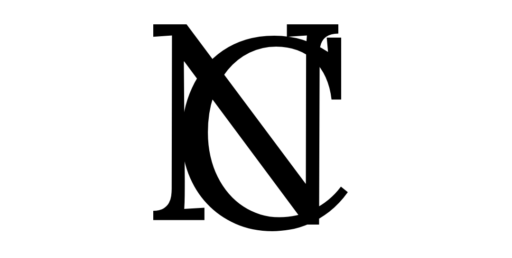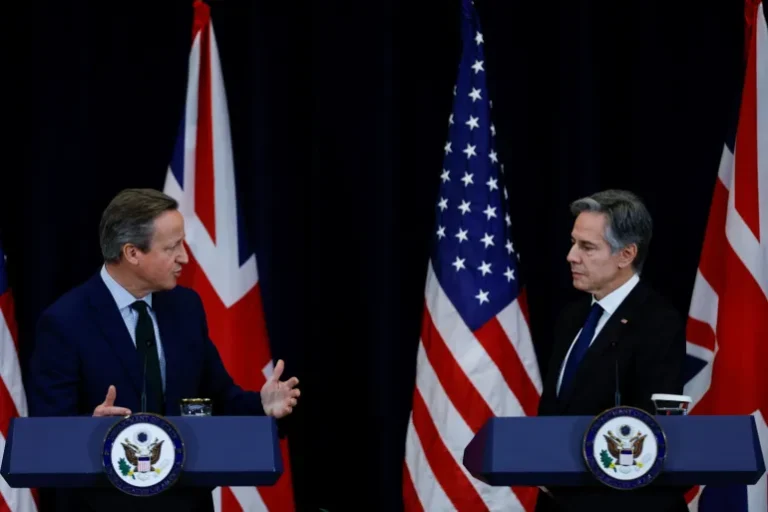U.S. and Iran to Hold Indirect Nuclear Talks in Oman amid Rising Tensions
Iran and the United States are set to hold indirect high-level talks on Saturday in Oman, aiming to revive stalled negotiations over Tehran’s fast-advancing nuclear program. The announcement follows President Donald Trump’s declaration that the two adversaries were entering “direct talks”a claim swiftly contradicted by Iranian officials.
Speaking from the White House alongside Israeli Prime Minister Benjamin Netanyahu, President Trump said, “We’re having direct talks with Iran, and they’ve started. It’ll go on Saturday. We have a very big meeting, and we’ll see what can happen.” He warned, however, that if diplomacy fails, “Iran is going to be in great danger,” reiterating his long-standing stance that Iran must never obtain nuclear weapons.
But just hours later, Iranian Foreign Minister Abbas Araghchi clarified that any discussions with the U.S. would be “indirect” and facilitated by Oman’s Foreign Minister Badr al-Busaidi. “It is as much an opportunity as it is a test. The ball is in America’s court,” Araghchi posted on social media platform X.
Iranian President Masoud Pezeshkian emphasized that trust, not pressure, was essential. “We don’t avoid talks; it’s the breach of promises that has caused issues for us so far,” he said during a cabinet meeting. Supreme Leader Ayatollah Ali Khamenei has maintained opposition to direct talks with Washington, branding such negotiations as “not smart, wise, or honorable.”
The split in narratives underscores the deep mistrust between the two countries, especially following Trump’s 2018 withdrawal from the landmark 2015 nuclear agreement brokered under President Barack Obama which curbed Iran’s nuclear activities in exchange for sanctions relief. Trump reimposed heavy sanctions and has since revived his “maximum pressure” campaign while leaving open the threat of military action.
Iran, for its part, has accelerated its uranium enrichment well beyond the limits set in the 2015 deal, drawing accusations from Western powers of pursuing a covert nuclear weapons capability. Tehran insists its nuclear program is strictly for civilian energy purposes.
Despite the fiery rhetoric, including Trump’s warning last month that Iran could face bombings “the likes of which they have never seen before” if talks fail, officials on both sides suggest that diplomacy however strained remains preferable to open conflict. Iranian Foreign Ministry spokesperson Esmail Baghaei condemned Trump’s threats, calling them “a shocking affront to the very essence of international peace and security.”
Tensions are especially high in the region. The “Axis of Resistance,” Iran’s alliance network across the Middle East, has suffered significant blows in recent months. Israel’s continued strikes in Gaza and Lebanon, U.S. bombardments in Yemen, and instability in Syria have all weakened Iran’s regional posture. Israeli officials, including Netanyahu, appear skeptical of any deal, believing Iran’s defenses are vulnerable and advocating for more aggressive options.
While the United States under Trump has boosted military deployments in the region, the president has expressed a clear preference for a deal. “Everybody agrees that doing a deal would be preferable,” he said.
Oman’s long-standing role as a discreet mediator may once again prove pivotal. China, which recently hosted related talks with Iran and Russia, urged Washington to show “political sincerity” and mutual respect.








